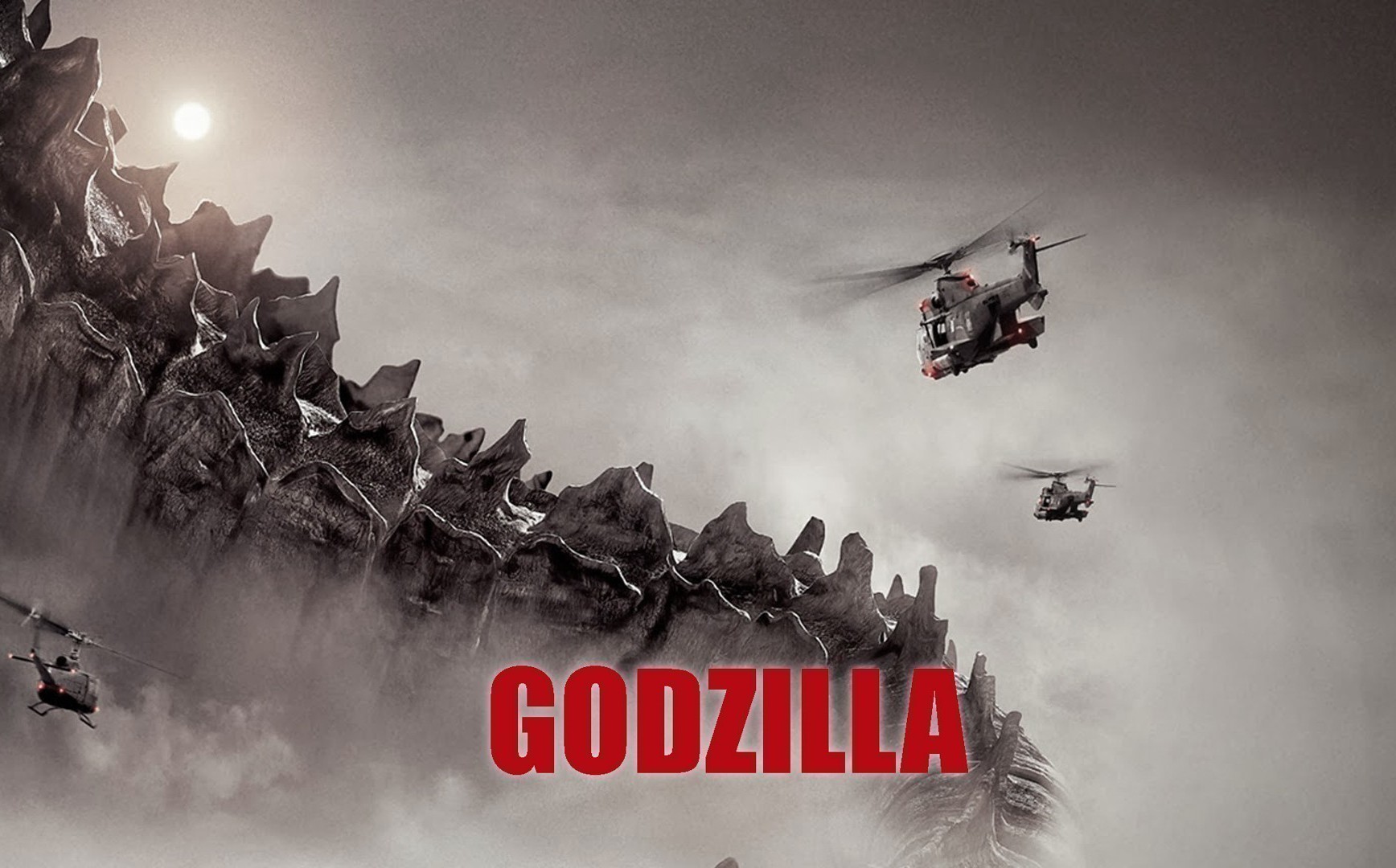I love Godzilla.
No, not in a creepy way. I mean I’m a gen-Xer who grew up watching the giant Japanese lizard stomp his way through a half-dozen low-budget monster movies. My emotional attachment has nothing to do with reason, logic or production values. That rubber suit is hilariously awful in retrospect, but I still don’t want the new version to mess up my childhood memories. I’m emotionally invested, and that raises the stakes.
Your brand is like a Godzilla movie. You’ve established an emotional bond with your audience. Straying too far from the essence of the brand can alter how they feel about it. True brand love transcends rational concerns like price, practicality and even product quality in some cases. Customers might justify their emotions with facts, but the real appeal is elusive and personal.
That’s why a rebranding project is even more harrowing than a startup’s initial launch. For established companies, their brand wasn’t formulated by an agency; it grew organically. Often, it grew out of a family business, so their entire family history is tied up with the brand. That’s more emotional baggage than even a 350 foot tall mutant lizard would want to carry around.
When I think of successful rebranding projects, they have one key ingredient in common with successful movie reboots: respect. Just like a movie reboot will go off the rails if it doesn’t respect what made the original popular, a rebranding project will go sideways if approached without a healthy respect for the history and legacy of the brand.
That isn’t to say you shouldn’t change it. A great brand is timeless, but it must also be current and relevant. It speaks to new and emerging generations of customers as eloquently as it did their predecessors. It’s a tricky balancing act which requires a studious approach.
We talk with those who built the brand, the ones who are now responsible for it, and the most loyal, long-term customers. We make sure nothing crucial hits the cutting room floor, and only add in new elements which are sure to resonate with your core audience of fanboys (or fangirls).
The end result is a brand reboot our clients consider a monster success.
After all, anything else would be a disaster.

